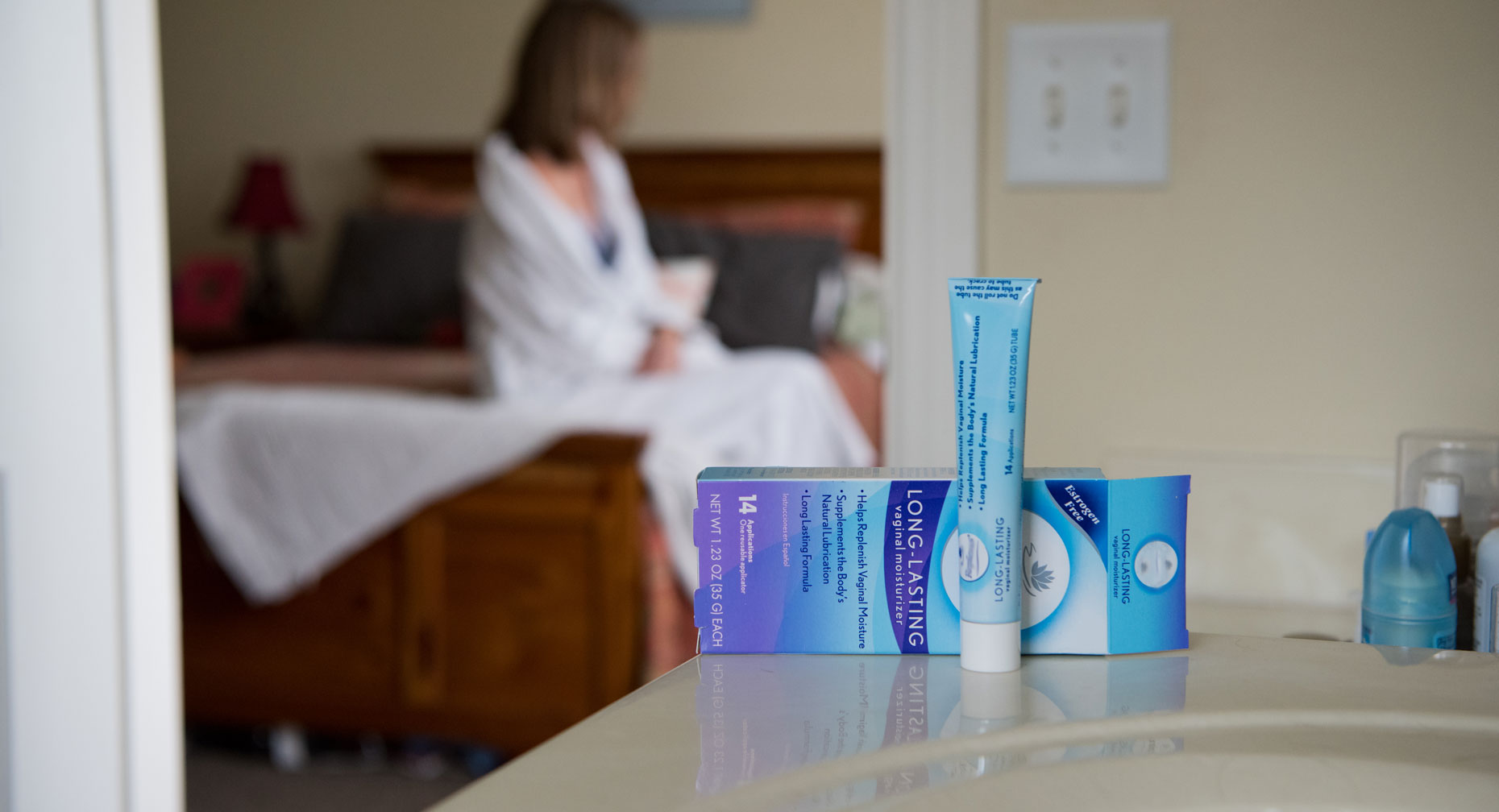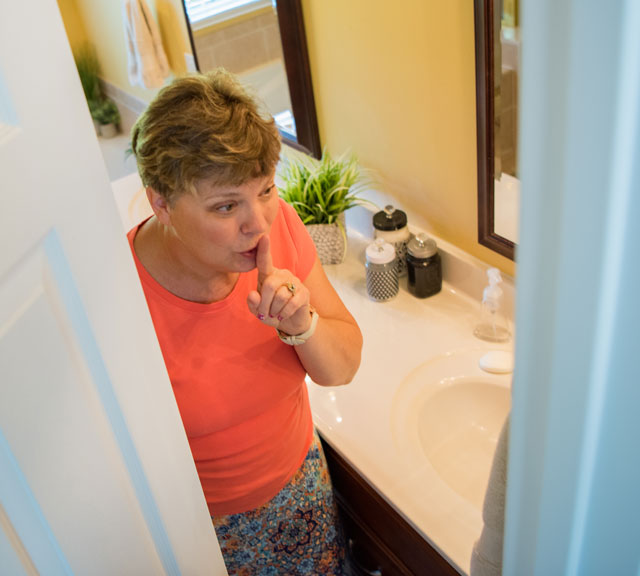Vaginal Atrophy: Great! Another Menopause Treat

Find Your Perfect Match
Answer a few questions and we'll provide you with a list of primary care providers that best fit your needs.
A lot of changes happen when you reach the stage of life called menopause. You may discover that shifting levels of hormones — especially decreased amounts of estrogen produced by your body — bring new challenges.
Vaginal atrophy is a common symptom of menopause. Both the vagina and the external female genitals (vulva) are affected by a decrease in estrogen.
Continuing regular vaginal sexual activity can help keep the vaginal tissues thick and moist and maintain the vagina’s length, width and elasticity, and makes sexual activity more pleasant.
In women in their 20s, 30s and early 40s, circulating estrogen levels are high enough to keep the vagina well supplied with estrogen. As a result, the lining of the vagina is thicker, stronger, and more elastic (has more folds and stretches easily with intercourse and childbirth). However, as a woman approaches and enters menopause, less estrogen is available. This can cause these tissues to become thinner, drier and less elastic. Vaginal secretions lessen, resulting in decreased lubrication to the area, which can cause dryness and inflammation.
Vaginal atrophy can cause symptoms of atrophic vaginitis or cystitis. Plus, because the vaginal tissues are dry, they may tear and cause injury, pain (a condition called dyspareunia), and even bleeding, especially during sexual intercourse.
Vaginal atrophy may also cause urinary problems, such as:
- Burning and stinging while urinating
- Feeling the need to urinate more frequently
- Leaking urine
Reversing Vaginal Atrophy

The discomfort of vaginal atrophy causes some women to avoid intercourse. However, this decision may make the condition worse. Continuing regular vaginal sexual activity can help keep the vaginal tissues thick and moist and maintain the vagina’s length, width and elasticity, and makes sexual activity more pleasant.
Using an over-the-counter vaginal moisturizer or a water-based, glycerin-free lubricant may reduce discomfort due to dryness during intercourse. Avoid products that irritate your vagina, like bubble bath, strong soaps and douches.
Currently, hormone therapy is the best way to reverse vaginal atrophy, but it’s not right for many women. Options include prescription vaginal estrogen cream, an estrogen tablet inserted into the vagina, or a vaginal estrogen ring. Consider talking to your health care provider to find the best option for you to help manage menopause symptoms.
Find Your Perfect Match
Answer a few questions and we'll provide you with a list of primary care providers that best fit your needs.
Source: The North American Menopausal Society (NAMS); Healthline

